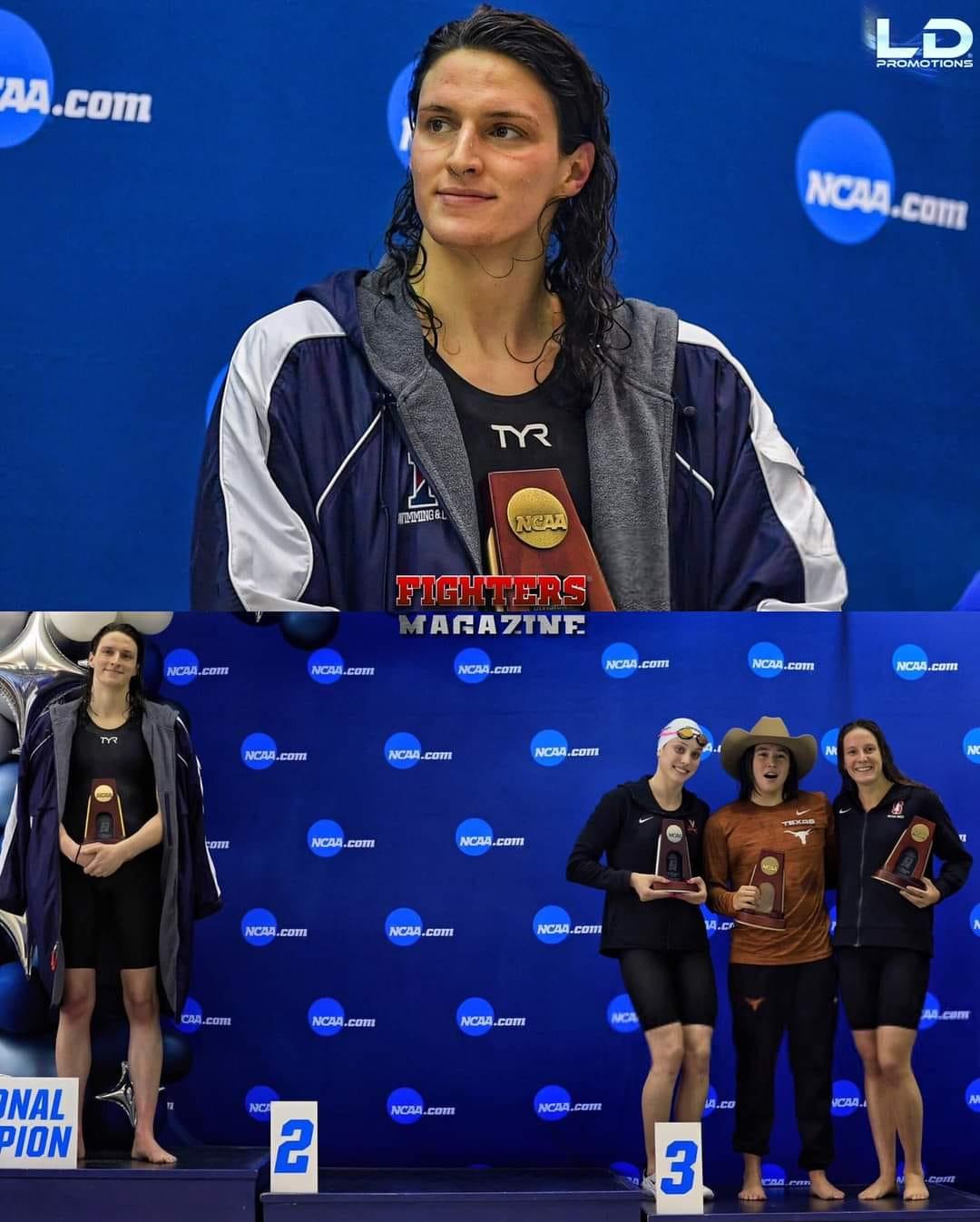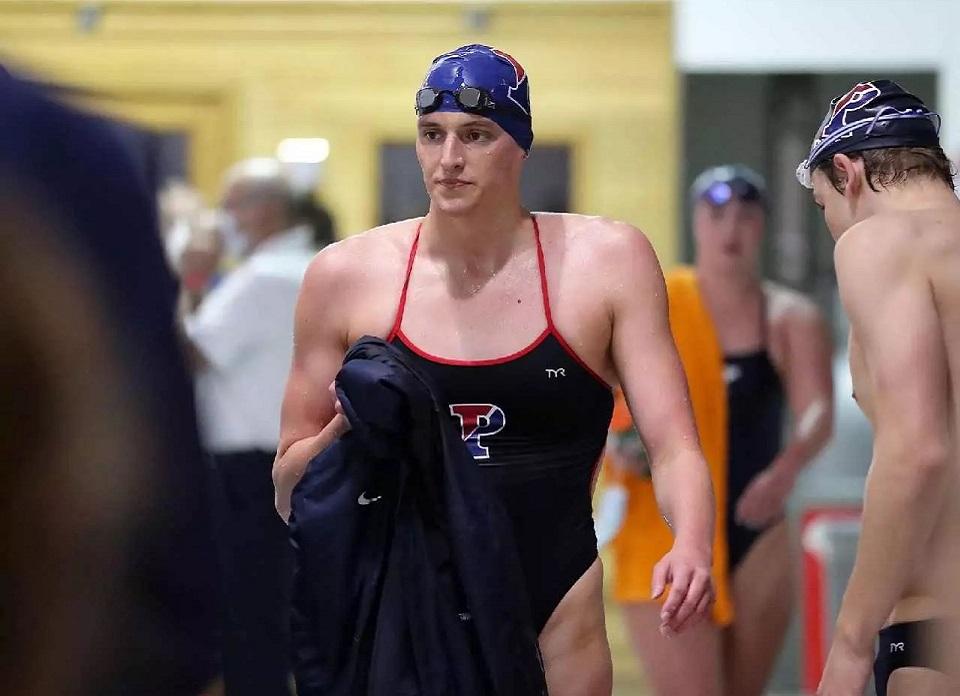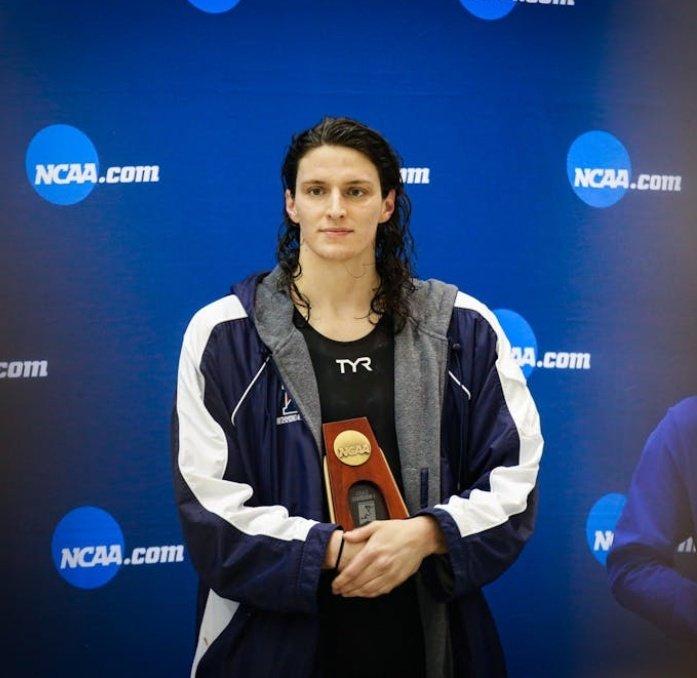In the world of competitive swimming, few stories have sparked as much debate as that of Lia Thomas, a transgender athlete whose journey has highlighted the complex intersection of fairness, inclusion, and discrimination in sports. Thomas, a former swimmer for the University of Pennsylvania, made history in 2022 as the first openly transgender athlete to win an NCAA Division I national championship in the women’s 500-yard freestyle event. Her success, however, was met with both admiration and controversy, ultimately leading to her exclusion from elite women’s competitions due to stringent regulations imposed by World Aquatics, the sport’s governing body. These rules, which bar transgender women who have undergone male puberty from competing in women’s events, have been criticized as discriminatory, igniting a broader conversation about the rights of transgender athletes.

Lia Thomas began her swimming career on the men’s team at the University of Pennsylvania, competing from 2017 to 2020. After starting hormone replacement therapy in 2019, she transitioned to the women’s team, adhering to the NCAA’s requirement at the time of one year of hormone suppression. Her remarkable performance in the 2021-2022 season, including breaking records and securing the NCAA title, drew global attention. Supporters celebrated her achievements as a milestone for transgender inclusion, while critics argued that her participation posed an unfair advantage, citing physical attributes retained from male puberty. This polarized response set the stage for a contentious legal and cultural battle.
In June 2022, World Aquatics introduced a policy that effectively banned transgender women who had experienced any part of male puberty from elite women’s competitions, requiring athletes to have transitioned before age 12 or Tanner Stage 2 of puberty to be eligible. The organization also established an “open” category for transgender athletes, though critics, including Thomas, argued this was insufficient, as it segregated trans women from competing in their identified gender category. Thomas, who had aspired to compete in the 2024 Paris Olympics, was barred from the U.S. Olympic trials under these rules. In response, she launched a legal challenge against World Aquatics in 2023, arguing that the regulations were discriminatory and violated principles of fairness under the Olympic Charter, the World Aquatics Constitution, and Swiss law, including the European Convention on Human Rights.

The Court of Arbitration for Sport (CAS) dismissed Thomas’s case in June 2024, ruling that she lacked standing to challenge the policy since she was no longer a member of USA Swimming and had not registered for World Aquatics events. Thomas called the decision “deeply disappointing,” emphasizing that blanket bans deprive transgender women of athletic opportunities central to their identities. Advocacy groups like Athlete Ally and GLAAD echoed her sentiments, condemning the ruling as a setback for transgender rights and arguing that it perpetuates harmful stereotypes. Hudson Taylor, founder of Athlete Ally, described it as a “sad day for sports,” asserting that trans athletes deserve the chance to have their experiences of discrimination addressed.
Opponents of Thomas’s participation, including some of her former teammates and figures like Riley Gaines, have framed the issue as one of fairness for cisgender female athletes. In 2022, sixteen anonymous University of Pennsylvania swimmers wrote to the NCAA, claiming Thomas’s inclusion undermined competitive equity, though they expressed support for her transition outside of sports. This sentiment was amplified by conservative media and figures like Caitlyn Jenner, who argued for protecting women’s sports based on biological differences. The debate escalated in 2025 when the U.S. Department of Education, under the Trump administration, investigated the University of Pennsylvania for Title IX violations related to Thomas’s participation. The university agreed to ban transgender women from women’s teams, restore records to cisgender athletes, and issue apologies, further marginalizing Thomas’s achievements.
The scientific basis for these regulations remains contentious. A 2017 Sports Medicine report found no consistent evidence that transgender women retain a significant athletic advantage after hormone therapy, yet World Aquatics and other governing bodies cite potential lingering effects of male puberty, such as strength and lung capacity. Critics argue these policies rely on outdated assumptions about gender and biology, ignoring the diversity of athletic performance. Thomas’s case has thus become a flashpoint, raising questions about how sports can balance inclusion with competitive fairness. While her legal battle may have ended, the broader fight for transgender athletes’ rights continues, with implications for sports governance worldwide.







